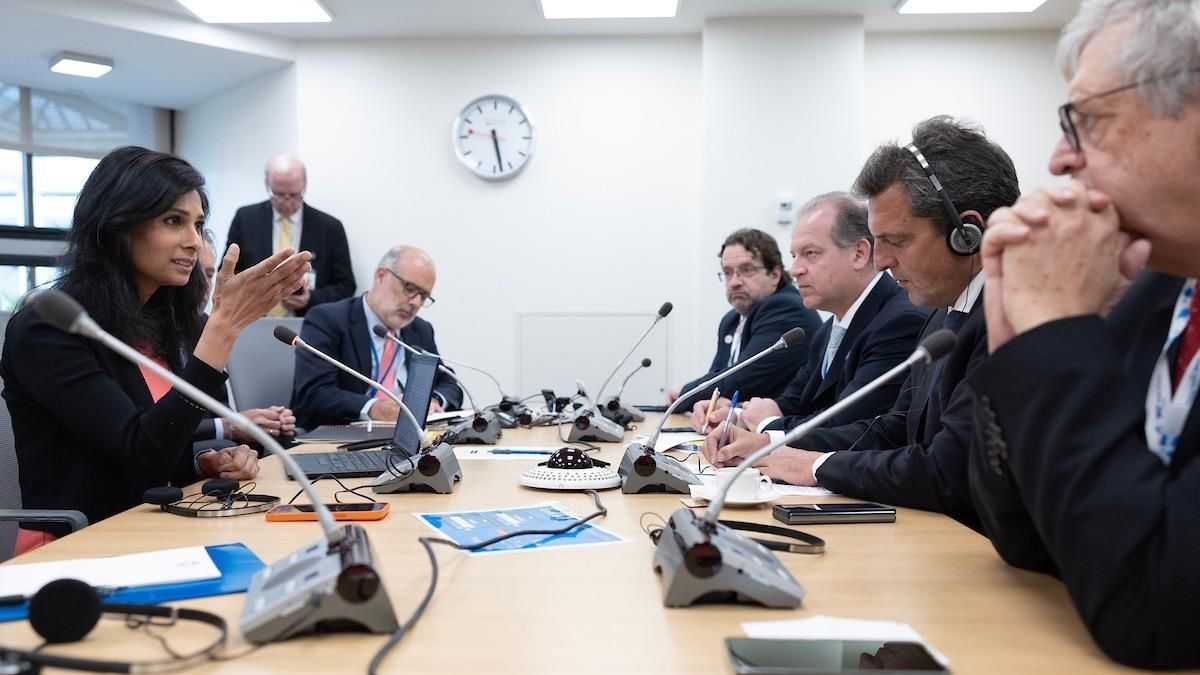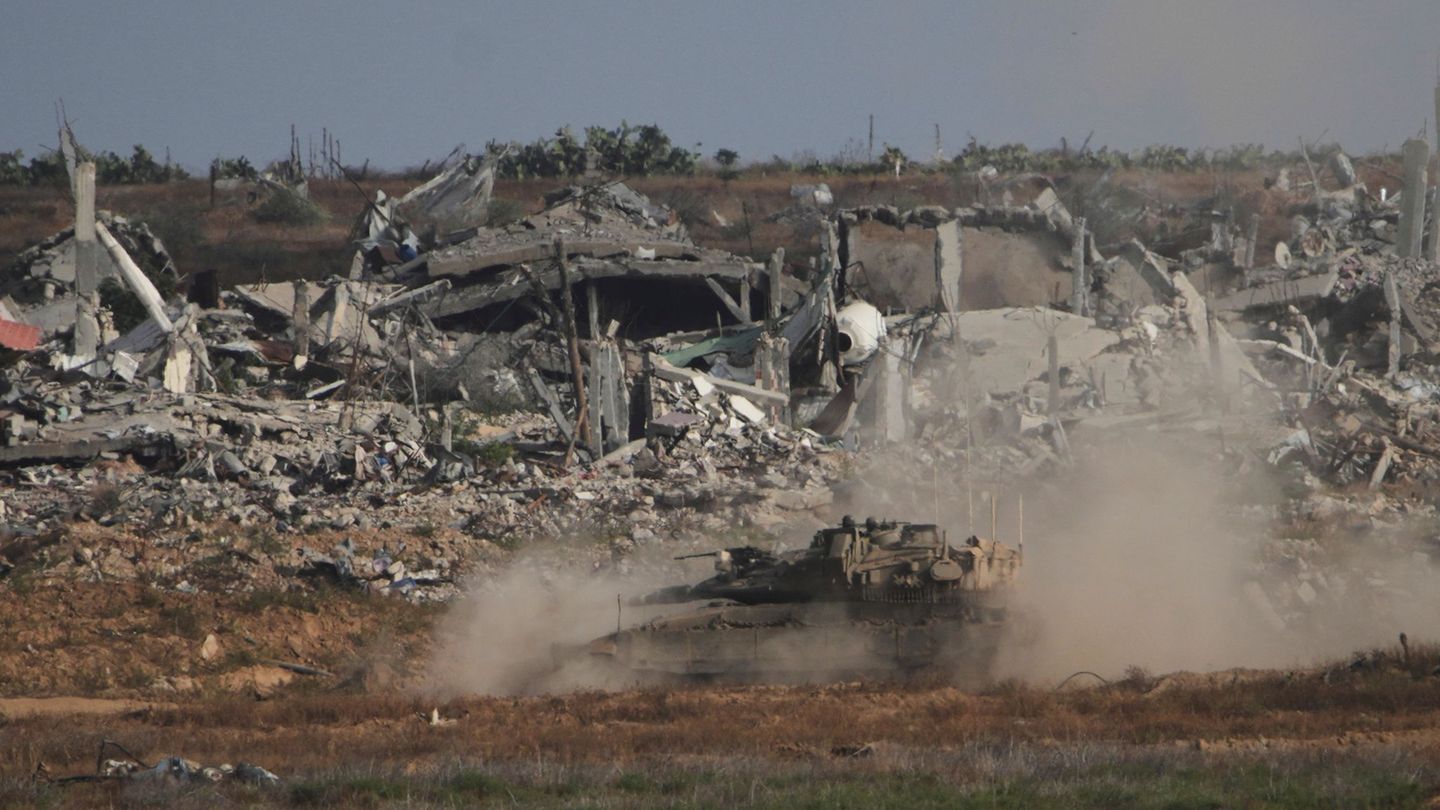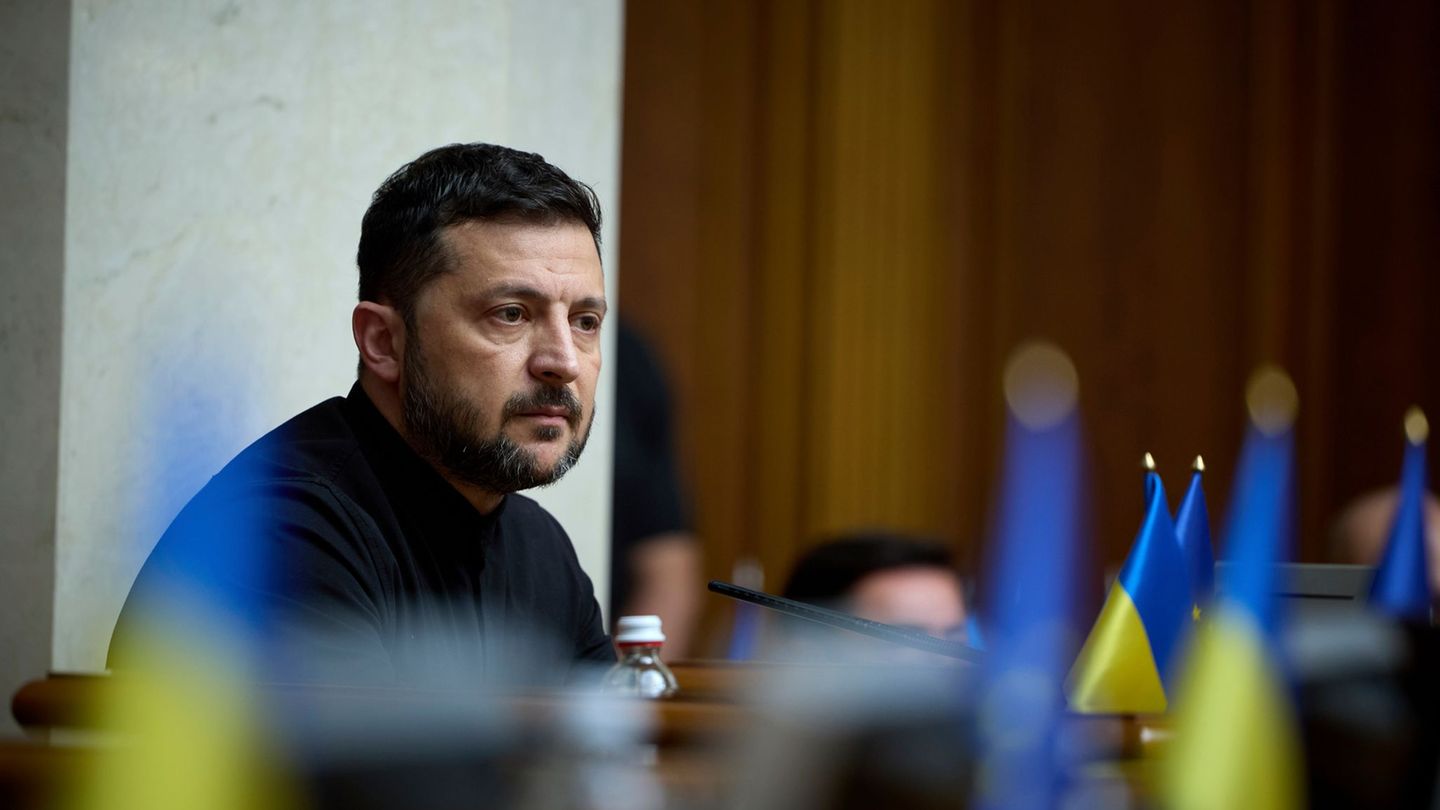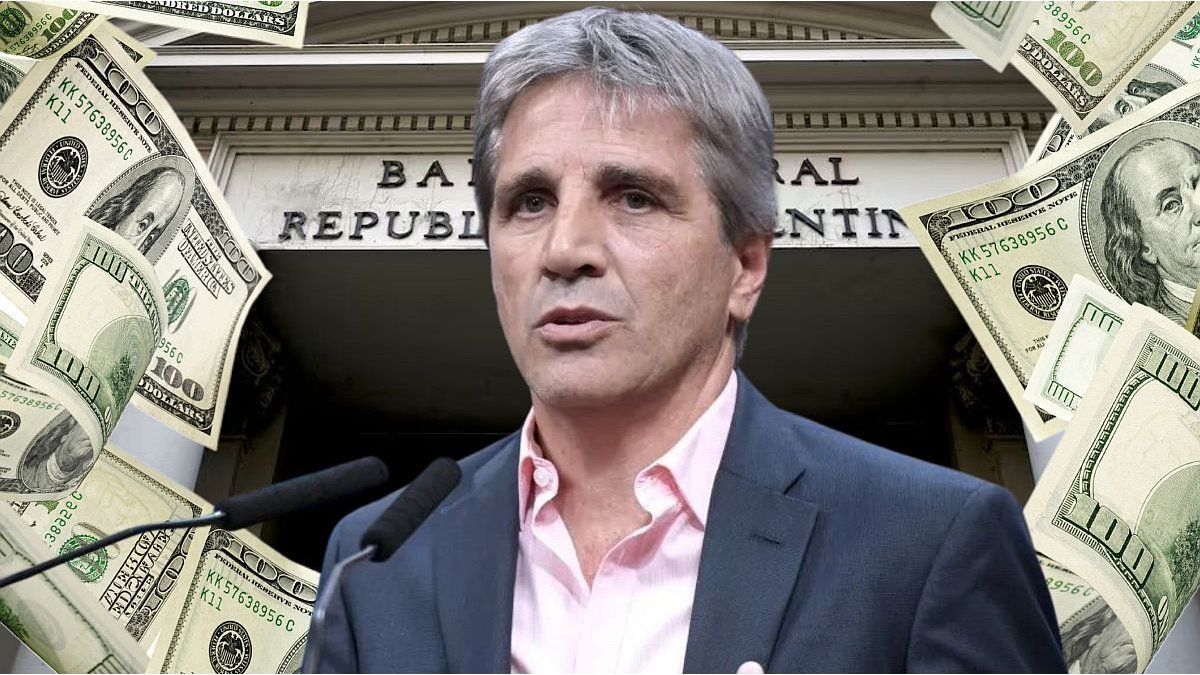. The Argentine officials who are negotiating with the IMF and the delegates of the organization managed by Kristalina Georgieva must agree in the next few hours on the exact cost that the drought brought to the Argentine economy and, later, on what the new reserve goals will be.
The Argentine economic team, headed by Minister Sergio Massa, together with the American Gita Gopinath, in a meeting last month.
Ministry of Economy
This week a key chapter in the discussion between the Government and the International Monetary Fund will finish negotiating in order to make serious progress in the new version of the Extended Facilities agreement signed on March 25, 2022 and suspended since the last week of April due to the official use of reserves to contain the rise in financial dollars. The Argentine officials who negotiate with the IMF and the delegates of the organization managed by Kristalina Georgieva They must agree in the next few hours on the exact cost that the drought brought to the Argentine economy and, later, on what the new reserve goals will be that the country must accumulate in the second half of the year. Then, analyzing the evolution of income for the January-May period, determine whether it also warrants a discussion of the fiscal goal agreed upon in a maximum imbalance of 1.9% of GDP, a percentage that, as reported by this newspaper yesterday, the IMF does not want alter, but from Argentina it is also considered valid to negotiate, as a consequence of the drought.
The content you want to access is exclusive to subscribers.
For the Ministry of Economy, the cost of the brutal drought that affected the country this year exceeds US$22,000 million, which is reflected in all the variables of the local economy, including the real drop in revenue in 8 percentage points. Also for the IMF, the climatic effect of the lack of rain was lethal for the economic and fiscal year of 2023, but in no way can it be measured in a consequence greater than US$10,000 million. Or, in any case, the general effect on the fundamental variables of the country’s functioning should be evaluated later in time, well into the second semester. The problem in the thesis IMF It is that, for Argentina, the resolution of the problem must be urgent, since the country lives a threatening lack of dollars, with a currency run stopped based on direct interventions on the financial dollar markets for 15 days.


This fundamental chapter is being discussed piecemeal at this very moment, even with meetings via zoom with occasional presences of Argentines at the organization’s headquarters. The debate is open and they estimate from the hosts of the organization that it is Argentina who must argue about why it considers that the number of more than US$20,000 million better represents the liability that the drought will leave and, consequently, the one that should be taken into account when evaluating the final content of the relaxation of the Extended Facilities that is being discussed at the direct “suggestion” of the United States government itself. Although it is not the only chapter that distances an understanding, agreeing on the cost of the drought is essential to later agree on the amount of reduction of the reserve goals and the depth of the fiscal adjustment to be executed. Especially due to the important depth in the loss of income via taxes, due to the lack of liquidation of primary producers (even with the validity of the agricultural dollar).
Negotiations continue at maximum speed with direct communications between the vice minister, Gabriel Rubenstein; the person in charge of relations with international organizations, Marco Lavagna; and the chief adviser, Leonardo Madcur, from the Treasury; and the person in charge of the Argentine case, Luis Cubeddu, from the headquarters of IMF. Yesterday there was the novelty of the appearance on the screens in Washington of the new managing director for the Western Hemisphere, Rodrigo Valdés. The Chilean economist appeared in society before the Argentines, accompanied by the North American Gita Gopinath; who made it clear that they will be responsible for the final pen, to close the agreement still under discussion.
It is already known that the drought is the main topic of debate because it is the reason why the parties agreed to reopen the conditions of the program. But he’s not the only one. Sergio Massa I had already delivered to georgieva a report prepared by Rubinstein and his collaborators on the impact of Russia’s invasion of Ukraine in 2022. According to the Treasury, the rise in energy and food prices caused the country a loss of US$4.940 million.
Source: Ambito




